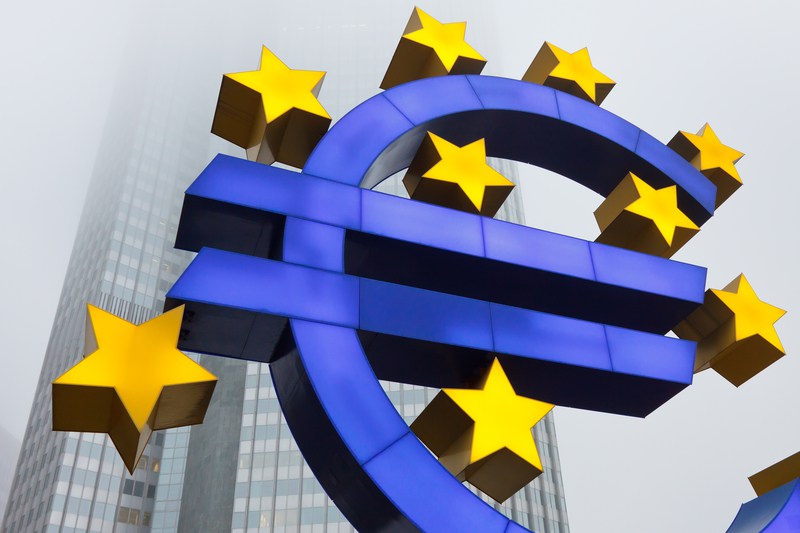Investec Switzerland. According to European Central Bank President Mario Draghi “uncertainty prevails everywhere” but apparently investors don’t mind. Market participants shrugged off last weekends “no” to constitutional reform in Italy and the subsequent resignation of Prime Minister Matteo Renzi to push European indices to 12 month highs this week. © Patrick Poendl | Dreamstime.com The Swiss Market Index followed European markets higher. The German DAX and France’s CAC both hit one-year highs. The gains were largely attributed to the European Central Bank’s decision to extend its quantitative easing programme by an extra nine months on Thursday. President Draghi announced that the ECB Governing Council will extend its quantitative easing program till December 2017 but at a slower speed of 60 billion euros ( billion) a month from 80 billion euros currently. Investors cheered the promise of continuing cheap money in Europe, since the Federal Reserve is expected to tighten monetary policy in the US later this month. Closer to home, the Swiss National Bank announced that its foreign-currency reserves jumped last month to the most in absolute terms for 2 years. The bank announced that reserves increased to levels not seen since the institution was intervening to defend its currency cap against haven flows in late 2014.
Topics:
Investec considers the following as important: Business & Economy, Editor's Choice, SMI, Swiss market
This could be interesting, too:
Investec writes The global brands artificially inflating their prices on Swiss versions of their websites
Investec writes Swiss car insurance premiums going up in 2025
Investec writes The Swiss houses that must be demolished
Investec writes Swiss rent cuts possible following fall in reference rate
According to European Central Bank President Mario Draghi “uncertainty prevails everywhere” but apparently investors don’t mind. Market participants shrugged off last weekends “no” to constitutional reform in Italy and the subsequent resignation of Prime Minister Matteo Renzi to push European indices to 12 month highs this week.

© Patrick Poendl | Dreamstime.com
The Swiss Market Index followed European markets higher. The German DAX and France’s CAC both hit one-year highs. The gains were largely attributed to the European Central Bank’s decision to extend its quantitative easing programme by an extra nine months on Thursday.
President Draghi announced that the ECB Governing Council will extend its quantitative easing program till December 2017 but at a slower speed of 60 billion euros ($65 billion) a month from 80 billion euros currently. Investors cheered the promise of continuing cheap money in Europe, since the Federal Reserve is expected to tighten monetary policy in the US later this month.
Closer to home, the Swiss National Bank announced that its foreign-currency reserves jumped last month to the most in absolute terms for 2 years. The bank announced that reserves increased to levels not seen since the institution was intervening to defend its currency cap against haven flows in late 2014.
On Thursday, the Swiss Federal Statistics Office announced that it was cutting its 2017 inflation forecasts to 0%. This came days after it was announced that Swiss consumer prices fell 0.2% in November. Deflation remains a risk to the Swiss economy with the annual inflation rate coming in negative for the past 28 months, while economic activity continues to stagnate.
In company news, Credit Suisse shares jumped nearly 14% this week after Chief Executive Officer Tidjane Thiam pledged to cut an additional 1 billion Swiss francs in expenses over the next 2 years. Thiam also lowered profit targets but declined to give details on any potential job cuts.









